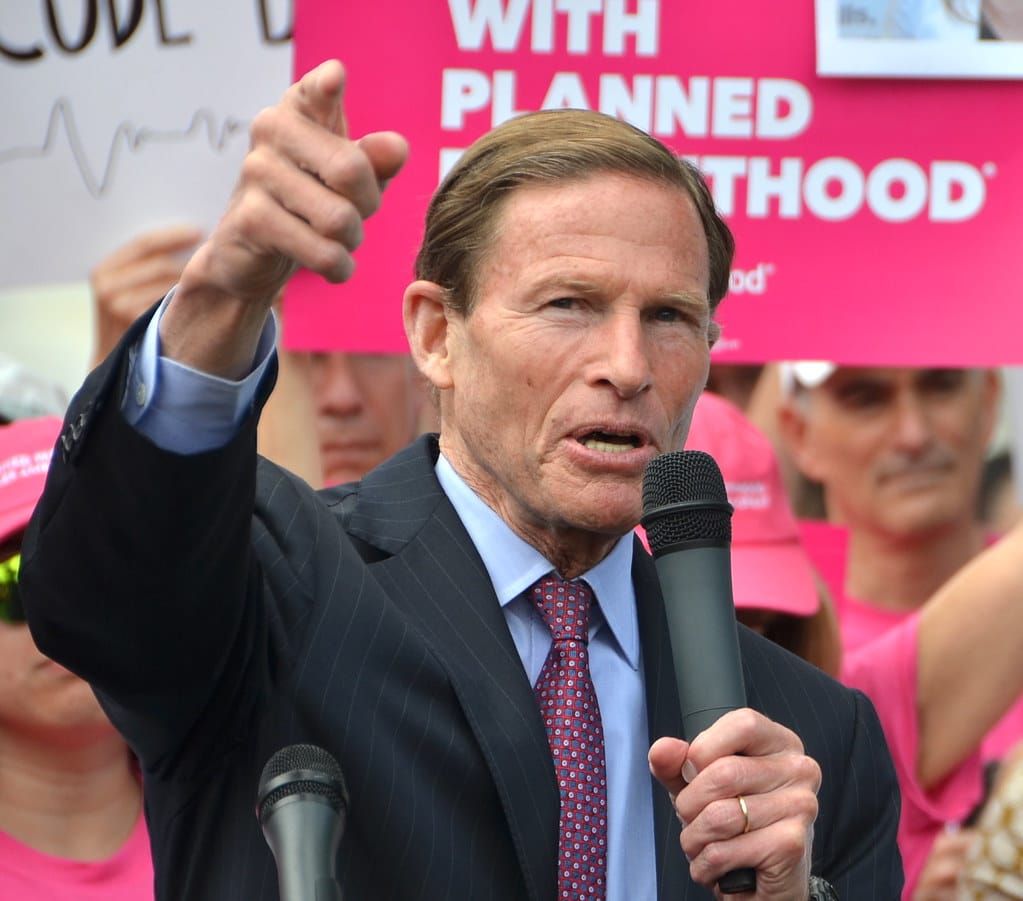Advocates Push For Higher Age Privacy Threshold As COPPA Proposal Hits Senate
Advocates want age 13 and over for privacy protection as Senate sees COPPA reform proposal.
Ty Perkins

May 19, 2021 — Witnesses in front of a Senate hearing on internet privacy for children recommended a more comprehensive age threshold to encompass more children they say are having their rights violated online, as a proposed bipartisan Senate bill is introduced to include better protections.
Beeban Kidron, a children’s rights advocate, told the Subcommittee on Consumer Protection, Product Safety, and Data Security on Tuesday that current Children’s Online Privacy Protection Act (COPPA) legislation that consider only those under the age of 13 to be children is harming a swath of other children above that threshold.
Kidron said a better age to start with is 18 and below, arguing that no parent would consider a 13-year-old an adult.
On Friday, Senators Ed Markey, D-Massachusetts, and Bill Cassidy, R-Louisiana, introduced new bipartisan legislation meant to extend greater online consumer protections to minors, including making it illegal for companies to collect data from anyone 13-15 years old without their consent. Additionally, it would create what the bill refers to as an online “Eraser Button,” which would allow consumers to request that they scrub collected data from a child or teen.
The bill is known as the “Children and Teens’ Online Privacy Protection Act,” and is designed to update COPPA, which was passed in 2000.
The proposed bill would establish the Youth Privacy and Marketing Division at the Federal Trade Commission, which would be tasked with ensuring that the consumer and privacy rights of children and teens. It would also ban targeted advertising for children, which uses browser and purchase history, economic status, consumer values, and numerous other variables to direct consumers to ads.
The bill would also raise cybersecurity standards for online devices marketed at children and require that they clearly label what kind of data is collected or transmitted. More broadly, this legislation would require all online companies to disclose what kind of data is being collected from consumers and how it is used.
New legislation is a product of a new environment
Children are being drawn to apps such as Tik Tok, YouTube, Instagram, and other social media platforms, spending more and more time online as education and entertainment becomes increasingly virtual. This raises concerns about how their data is being used, how marketers are targeting them, and even how their social identities are being developed online.
In her opening statement, ranking member Sen. Marsha Blackburn, R-Tennessee, said, “Social media is causing our children to become more distressed than ever before.” She accused platforms of illegally tracking children, as well as exposing minors to harmful and manipulative content.
In his opening statement, Chair of the Subcommittee Richard Blumenthal, D-Connecticut, said, “Eventually, the tech platforms must be held accountable. They must bear liability for obvious violations of criminal and civil law.”
A letter drafted by the committee and sent to Facebook came back with no meaningful commitments; Tik Tok was reprimanded several times throughout the hearing for refusing to appear before the Senate.
COPPA limitations
Serge Egelman, research director of the Usable Security and Privacy Group at the International Computer Science Institute, testified that in a study he conducted, around half of apps marketed towards children violate COPPA.
These ads often promote extreme, unhealthy weight loss and unrealistic beauty and body standards that can be markedly impactful on their mental health and personal identities. These ads can even include age-illegal activities such as drinking or vaping, Egelman said, adding social media platforms demonstrate “grooming” behavior that can lead to a “perilous web” of behavior.
Angela Campbell, professor emeritus of Georgetown Law, said ads directed toward children can also be “unfair marketing” and “manipulative.”
Campbell noted that in 21 years, the Federal Trade Commission has moved to prosecute those in violation of COPPA law only 34 times. In leu of the platforms’ apparent apathy on the subject, the bipartisan committee and witnesses alike are in agreement that the best way forward involves not only expansion of current policy but increased legal and public pressure for tech companies to comply with legal code.
With files from Benjamin Kahn










Member discussion